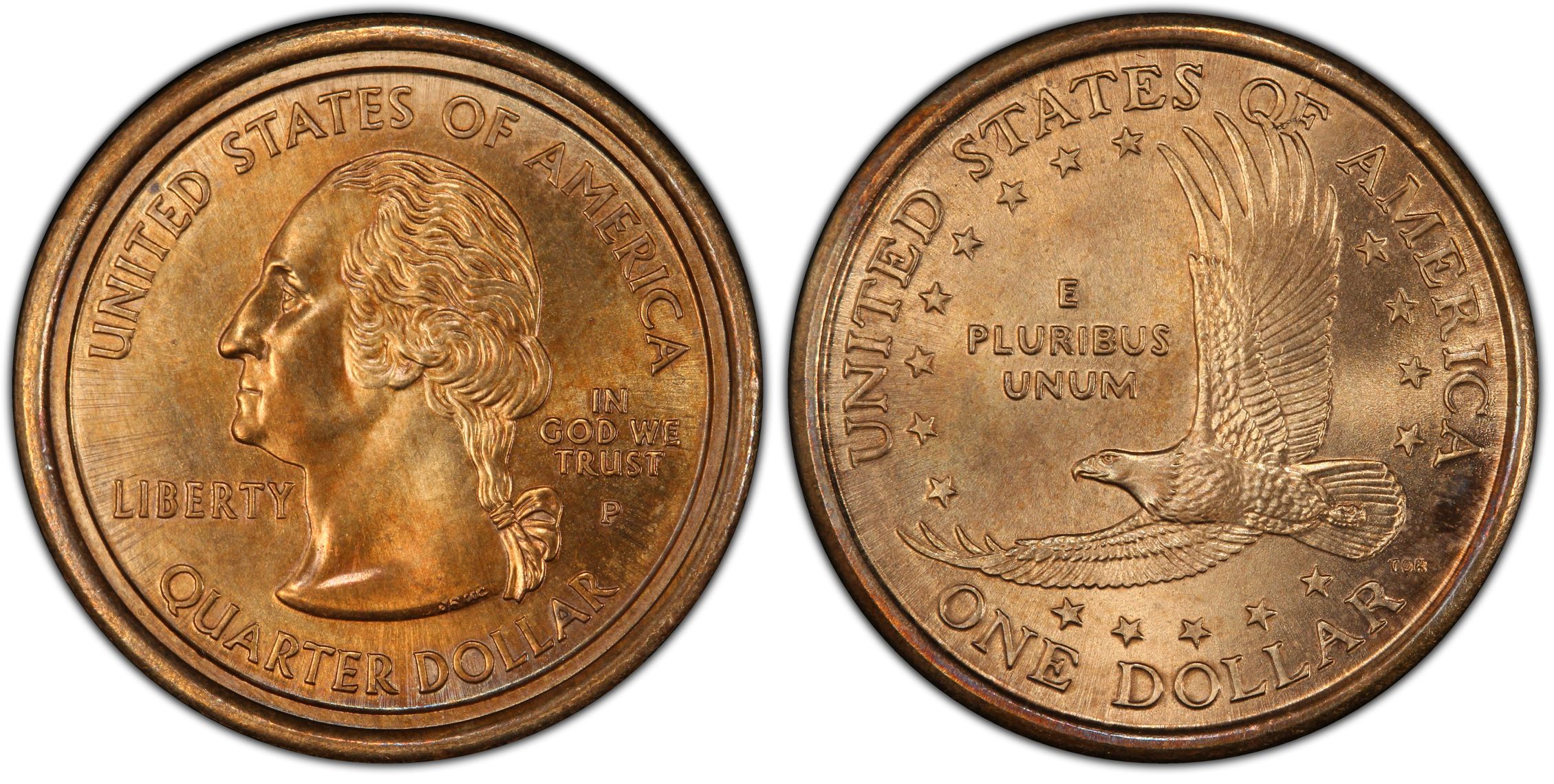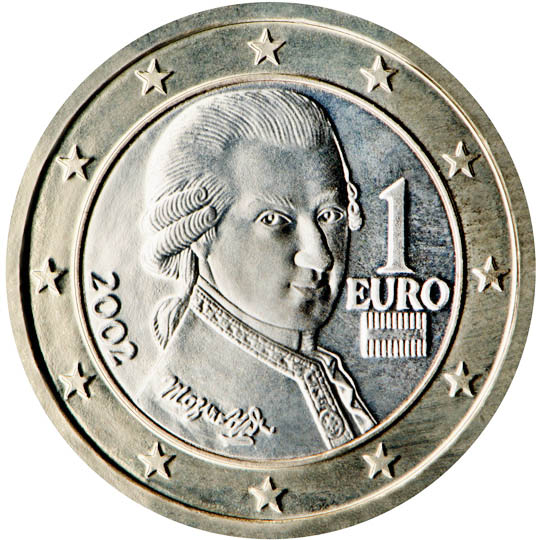SkyMan says, "Twenty years ago today the ISS began continuous human habitation in space".
On November 2, 2000, the International Space Station (ISS) Expedition 1 crew docked their Soyuz spacecraft to the ISS. Every day since then there have been humans living in space. In the 20 year period roughly 120 humans have lived long term on the ISS, and another roughly 120 have visited it.
I have to say, when the ISS was first being constructed I thought of it as a total boondoggle. Over time I've come to appreciate it's ability to help bring together people of different nationalities in a worthy endeavor. Further, various of the techniques that have been either developed or refined aboard the ISS have been quite worthwhile for the long term goals of space exploration and, hopefully, colonization.
Russian section in front, the USA/European/Japanese section starts just beyond the red item just next to the dark folded up panels. FWIW, the large whitish square items are radiators to dispel heat, and the solar panels are at the extreme left and right sides of the ISS main strut.
Post a coin from any of the years 2000 - 2020. Coins from USA, Russia, Europe and Japan are OK.


Comments
I was kinda hoping it would be like the space station in 2001: A Space Odyssey. But it's fine as is and a very valuable asset.
.
.
USA

Russia

Europe

Japan

Out of my pocket today.
Jim
When a man who is honestly mistaken hears the truth, he will either quit being mistaken or cease to be honest....Abraham Lincoln
Patriotism is supporting your country all the time, and your government when it deserves it.....Mark Twain
OK, so not a coin but my favorite piece of Apollo 11 50th Anniversary memorabilia. Two of 50 (#13, #14) specially engraved commemorative prints signed by Mike Beck from the BEP. These were raffled at the 2019 ANA World's Fair of Money show in Chicago last year:
Here's an interesting article on the value of the ISS:
https://www.bbc.com/future/article/20201030-should-astronauts-abandon-the-space-station
I always thought the ISS had limited long term value because the orbit was too low and subjected it to orbital decay. It would be nice to position a station higher so it didn't decay, but then the Soyuz couldn't reach it.
The space program has always fascinated me.... from the first sputnik launch, to the moon landing, to the space station. I look forward to more advances and the upcoming Mars missions. Cheers, RickO
........ Sergeant Pepper taught his band to play.
This is closest I could get!
First off, in your linked article, I find it highly amusing that a white male (a male BBC reporter) would use a white male (Lord Rees of Ludlow) to start off an article where a little further in the author quotes others who go off on white male privilege. It is a sign of how low the logical rigor is in the article.
The author of the article, and particularly the sources they quote, COMPLETELY miss the point about human (space) exploration. It is inevitable. It is in our DNA. Those that moved about survived. Those that didn't died. Here's a neat roughly 4 minute video with a Carl Sagan overlay people might enjoy.
https://youtube.com/watch?v=YH3c1QZzRK4
I professionally interpret satellite imagery. I am very supportive of robotic exploration. However, we have essentially no emotional linkage to robots. Do you realize that there were multiple images of the Earth above the horizon of the Moon sent back to us by robotic probes in the 1960's before Apollo 8 went to the Moon and the famous Earthrise picture was taken? These robotic pictures were all heavily publicized as it was the height of the Space Race. Yet, not one of these pictures produced anything like the response that humans felt once the Earthrise picture was taken. Why? Because humans had been there and experienced that view.
Not a SINGLE dollar spent on space, has been spent in space. It has ALL been spent on the Earth, supporting local communities. Even the MOST conservative estimates of how much we have gotten back from every dollar spent on space exploration is 3X. That rises to 10X by more supportive groups.
Many people think that the most important aspect of the space race was the micro miniaturization of computer chips. While that was important, that path was pretty much inevitable given the Cold War. Believe it or not, probably the single most important outgrowth of the Space Race was the ability to monitor human biology using very small instruments. For example, if you've had arthroscopic surgery you've benefitted from this technology. Needless to say, this human technology would never have been created if space exploration had been purely robot driven.
No one expected the medical technology breakthroughs from the Space Race. Many people have agreed that the above mentioned Earthrise photo helped give rise the the environmental movement. The whole concept of exploration is that it is UNKNOWN. We do NOT know what we will find. As Bill Anders (the person who took the Earthrise photo) said, "We went to the Moon to explore it, and what we found was the Earth".
U.S. Type Set
I don’t think Ms. Billings gets invited to any of the cool space parties anymore.
I did not realize that at least one person has been up there for 20 straight years! ... that’s quite amazing to contemplate... 🤔🌎💫
POST NUBILA PHOEBUS / AFTER CLOUDS, SUN
Love for Music / Collector of Dreck
In some ways time has flown by. At other times it seemed to go slowly but overall...

......we’ve come a very long way.
.
.
.
CoinsAreFun Toned Silver Eagle Proof Album
.
Gallery Mint Museum, Ron Landis& Joe Rust, The beginnings of the Golden Dollar
.
More CoinsAreFun Pictorials NGC
Time flies